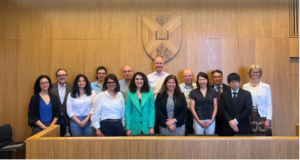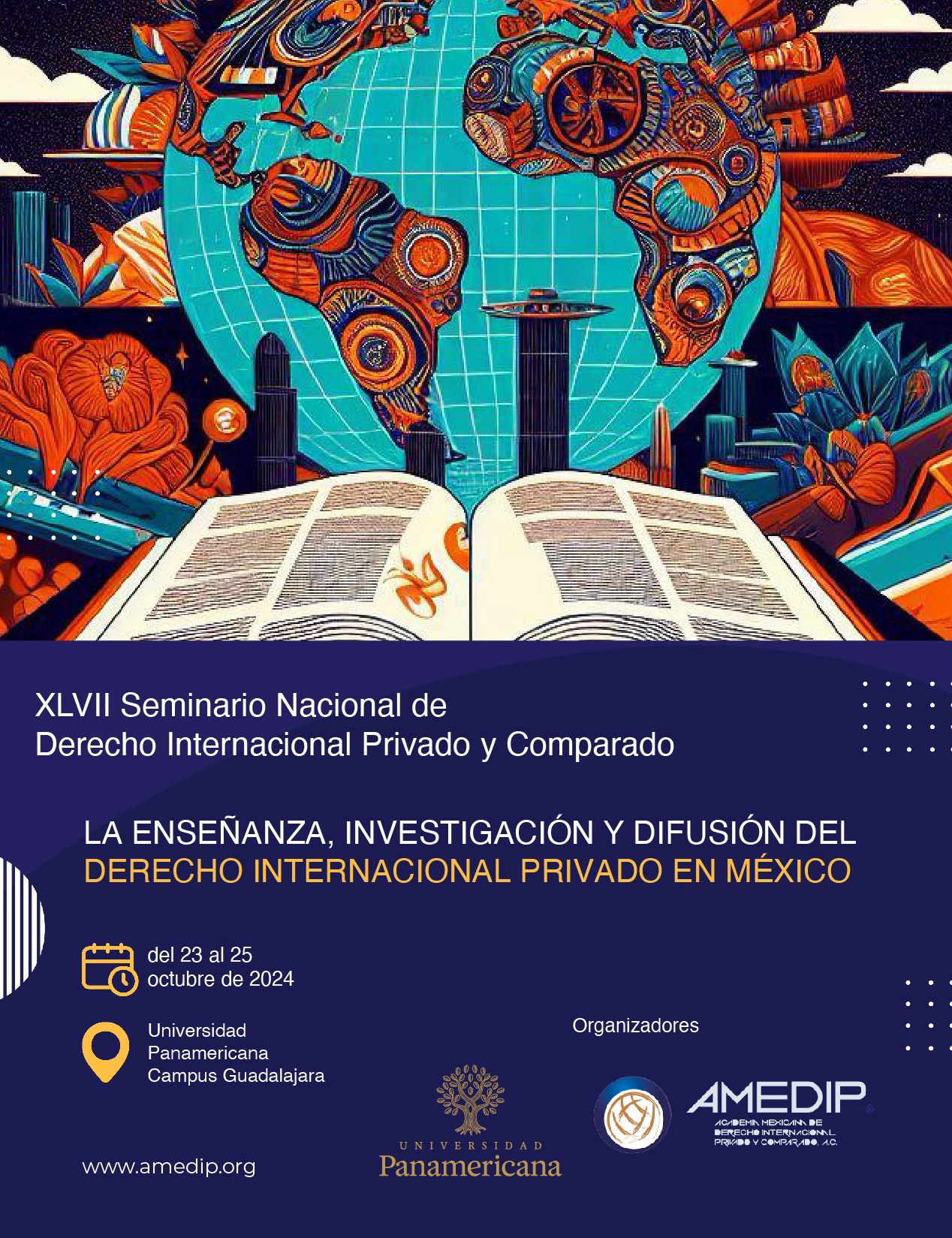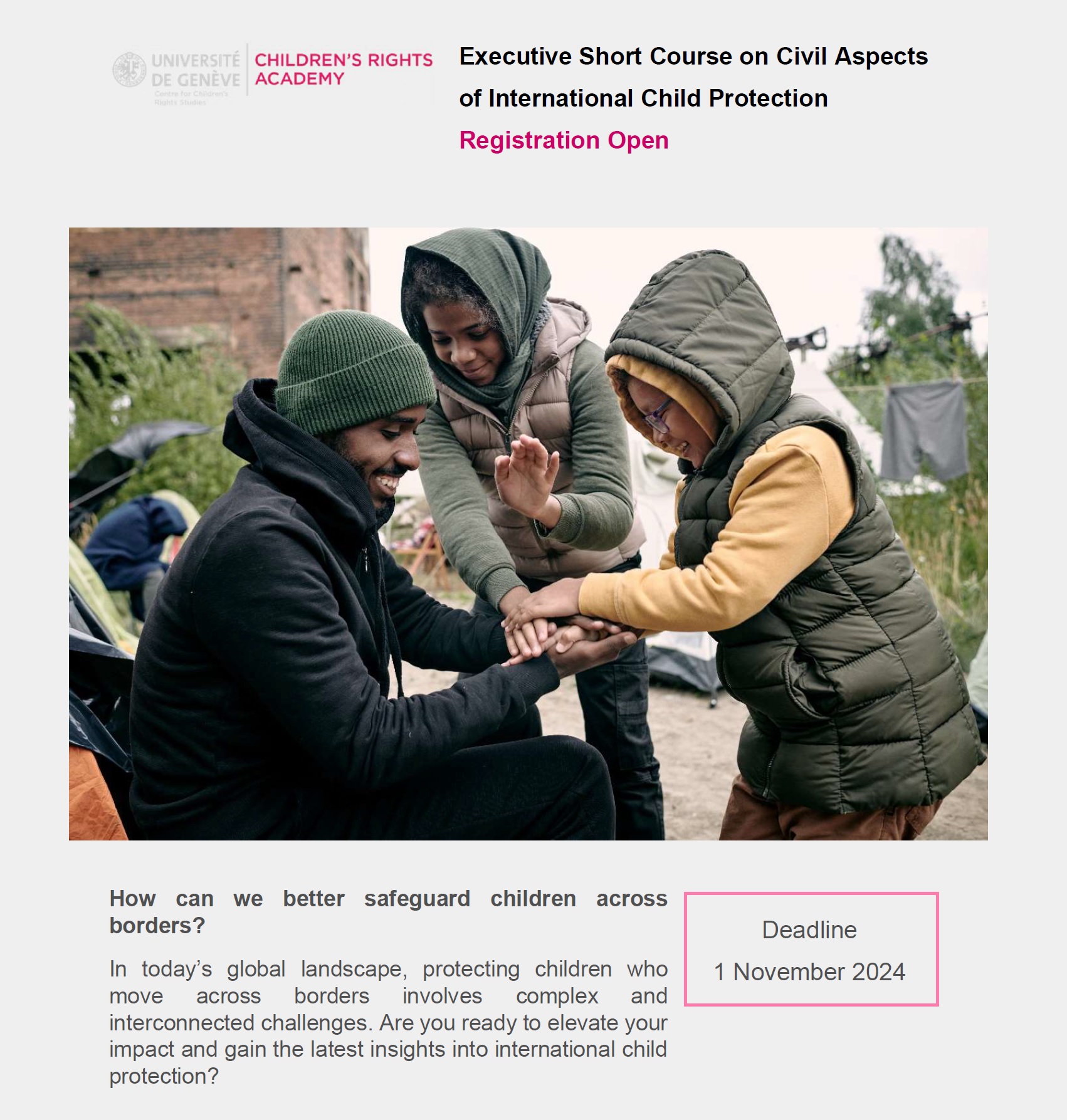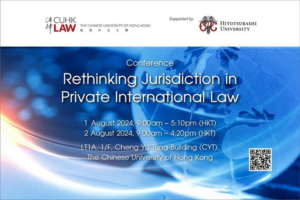Global Value Chains and Transnational Private Law Workshop at Edinburgh Law School – Report

By Zihao Fan (Ph.D. Candidate in Law, Peking University Law School)
The ‘Global Value Chains and Transnational Private Law’ workshop was successfully held at Edinburgh Law School in a hybrid format from June 23 to 25, 2024. This project is funded by the Law Schools Global League (LSGL), convened by Prof. Verónica Ruiz Abou-Nigm (Edinburgh Law School) and Prof. Michael Nietsch (EBS Law School). The workshop attracted scholars and researchers from 15 universities and institutions worldwide. Over two days, participants shared inspiring work in progress and engaged in discussions on how transnational private law influences and shapes global supply chains. During the workshop plans for the upcoming publication and dissemination were discussed. This overview aims to briefly summarise the research outcomes presented during the workshop (following the sequence of the presentations).
Morning Session on 24 June
Dr. Catherine Pedamon (Westminster Law School) and Dr. Simone Lamont-Black (Edinburgh Law School) first introduced a previous related workshop held in Edinburgh Law School on ‘Sustainability in the Food Supply Chain: Challenges and the Role of Law & Policy’. This project consists of contributions from a variety of legal and policy areas at the UK, EU, and international levels, focusing on the role of law (including commercial law, contract law, competition law, and corporate law) in resolving regulatory difficulties and opportunities in food supply chains, with a particular emphasis on sustainability and food security, therefore highly connected to the current project.
Afterwards, Dr. Pedamon and Dr. Lamont-Black also presented their research titled ‘Responsible Contracting in Agri-Food Supply Chains: Mitigating Power Asymmetries on the Road Towards Sustainability’. They pointed out that recent events like the Covid-19 pandemic, the war in Ukraine, climate-related price instability, and inflation have severely impacted the global economy, creating an unprecedented food crisis. Complex food supply chains reveal power imbalances, with larger trading partners often imposing unfair practices on less powerful suppliers. This research aims to shed light on the issues surrounding governance gaps and the various challenges and opportunities that arise from private international law, examining UK domestic law pertaining to food supply relationships, taking the EU level regulation into account, and providing potential examples of its implementation.
Dr. Francesca Farrington (School of Law, University of Aberdeen) and Dr. Nevena Jevremovic (School of Law, University of Aberdeen) then presented their work titled ‘Private International Law and the Race to the Bottom in Labour Standards: The Case of Begum v Maran’, discussed the recent Court of Appeal case, Begum v Maran. They noted that the literature has generally focused on the unique arguments relating to duty of care, and the Court of Appeal’s conclusion that the claim was not fanciful – it illustrates that the Rome II Regulation does little to prevent a ‘race to the bottom’ in labour standards especially given that corporate liability was a rapidly expanding field of law. They also discussed the different results when courts adopting different characterization methods on business-related human rights (BHR) claims.
Dr. Sara Sanchez Fernandez (IE Law School, Spain) shared her research on ‘Civil Liability under the CS3D: International Jurisdiction Rules and Access to an Effective Legal Remedy’. She first introduced the background: the EU recently enacted the Corporate Sustainability Due Diligence Directive (CS3D), which establishes due diligence responsibilities and civil consequences for violations of such obligations. The CS3D establishes rules for organizations’ risk-based due diligence requirements across their entire value chain. Her research centred on the assurance of access to Member State courts for CS3D-related issues, scrutinizing the interaction between CS3D, international jurisdiction in the Brussels I bis Regulation, and the foreign jurisdiction rules of Member States. She also explored the potential solutions for cases where entities are non-EU domiciled.
First Afternoon Session on 24 June
Prof. Toshiyuki Kono (Faculty of Law, Kyushu University) and Prof. Ren Yatsunami (Faculty of Law, Kyushu University) presented their work on ‘The Global Value Chain & Network Responsibility: The New Possibilities of Private Ordering’. They pointed it out that in recent years, policymakers and scholars from numerous disciplines have concentrated on mapping the outlines of the modern global value chain, with the concept of ‘network’ emerging as a repeating theme. They investigate the relevance of viewing networks as lenses through which better understand the GVC and its regulation, particularly in terms of human rights and environmental issues. Besides, they also examine the failure of the network and related legal responses, suggesting that a mixture of public and private norms, hard laws and soft laws should be considered as alternatives.
Prof. Carlos Vasquez (Georgetown Law School, US) then discussed his research on ‘Applicable Law in BHR Cases’. He focused on the applicable substantive law in BHR suits brought in developed countries (usually the home state of the defendant corporation) for injuries suffered in developing countries (the host state). He centred on both vertical and horizontal choice-of-law inquiries: ‘vertical’ refers to the decision-making process that involves choosing between international law and national (or subnational) law as the primary source of relevant law, while ‘horizontal’ refers to the decision between applying the legal system of the host country or the legal system of the home State.
Dr. David Capper (School of Law, Queen’s University Belfast) presented his research next, on ‘Procedural Aspects of Transnational BHR-Litigation’. Continuing with BHR cases he discussed how victims of tortious conduct by multinational corporations are seeking remedy against the latter in a Global North jurisdiction, with a focus on the UK. He illustrated the procedural mechanisms in the UK that are available for mass tort litigation of this kind and suggested that the Group Litigation Order (GLO) would be the appropriate mechanism in the majority of cases of mass tort litigation. Then he elaborated on several aspects of GLO, including group registers, case management, and costs. Finally, he suggested examining the Okpabi case to see how GLOs work.
Second Afternoon Session on 24 June
Prof. Irene-Marie Esser (School of Law, University of Glasgow) and Dr. Christopher Riley (Durham Law School) presented their research on ‘Groups and Outsiders in the Context of Tort and Human Rights Violations’, examining the challenges that arise in protecting the interests of ‘outsiders’ from corporate groups’ misbehaviour. They argued that regulations applied to individual ‘stand-alone’ companies suffer weaknesses when applied to corporate groups. By using the UK’s experience of enforcing human rights norms against groups and of applying tort law, they demonstrate the implications of an ‘enterprise approach’ for regulation.
Dr. Catherine Pedamon (Westminster Law School) shared her work in progress on the French duty of vigilance. The French Loi de Vigilance has been enacted for seven years, yet its first decision was rendered on 5th December 2023. It still appears to be in the initial stages of development, not only due to its groundbreaking nature but also the obstacles to enforcement. She then shared some key preconditions on the applicability, the public availability of a vigilance liability plan, compensation for damages due to the companies’ failure to comply, etc. She also introduced the recent developments in the related cases in France.
Prof. Michael Nietsch discussed his research, ‘Corporate Accountability of Multinational Enterprises for Human Rights Abuses – Navigating Separate Legal Entity and Attribution under Delict’, elaborating the growing interest in corporate accountability for human rights violations in the German judicial system. In contrast to the UK, Germany has seen few incidents of damages lawsuit with the implementation of statutory due diligence procedures under the Supply Chain Due Diligence Act 2021 (Lieferkettensorgfaltspflichtengesetz, LkSG). Nonetheless, legal academics continue to discuss the basis for corporate liability for human rights violations under German private law, as well as the proper standards of care that arise as a result. This is a fundamental issue in German delict law and the separation of legal entities. He argued that the LkSG has ruled out private liability based on a violation of the Act’s due diligence criteria while allowing such liability on other grounds, which adds to the complexity.
At the end of the day, Dr. Juan Manuel Amaya Castro (Faculty of Law, University of the Andes, Colombia) presented his work on ‘Global Value Chains with a Human Face’. He discussed the definition of social traceability from a legal perspective and its requirements, purpose, and reasons for tracing a particular good in the supply chain. He then explained how traceability is mandated in due diligence and reporting legislation, pointing out that practices including auditing and certification, feedback loops, administrative guidelines, and civil liability standards should be considered.
Morning Session on 25 June
Dr. Biset Sena Güne? (Max Planck Institute for Comparative and International Private Law, Hamburg, Germany) started the day with her research, ‘Harmonisation of Private International Law Rules to Promote Sustainability in Global Value Chains?’. She elaborated that the role of private international law is frequently constrained concerning sustainability. In most cases, the ability to reach a truly sustainable outcome is dependent on the applicable private legislation. When this is the case, it is difficult to justify the need for harmonisation of current private international law standards without simultaneously focusing on uniform private law regulatory remedies. Nonetheless, she suggested that the need for harmonisation of private international law standards governing corporate social responsibility should be explored further and proposed a comparative approach for that further research.
The morning session on 25 June also discussed the plans for the upcoming publication and the dissemination conference to be held in Germany in 2025.
In summary, the workshop enabled fruitful discussion of work-in-progress and shared insights on the complexities of global value chains and the role of transnational private law. Key topics included sustainability, corporate accountability, and legal frameworks affecting global supply chains. The project successfully fosters international collaboration amongst and beyond LSGL researchers, nurturing comparative and interdisciplinary approaches. Participants gained a deeper understanding and ideas to take the research forward to address regulatory and coordination challenges in furthering sustainability in global commerce.






